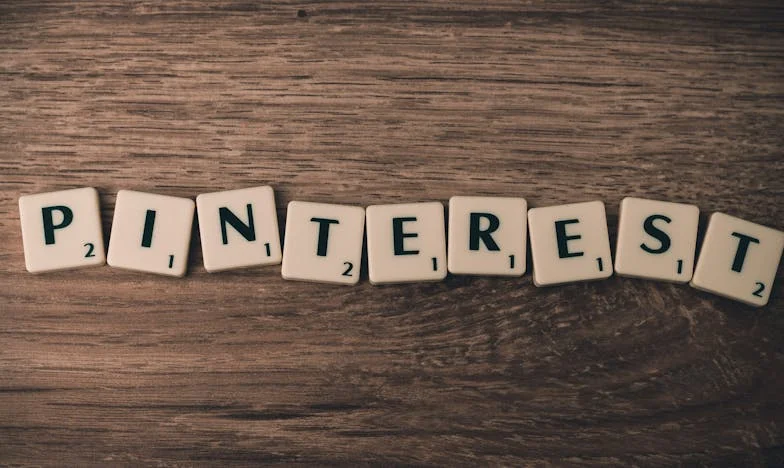“No More Gifts for My Daughter-in-Law: A Journey from Misunderstanding to Harmony”
For over a decade, I tried to build a bridge with my daughter-in-law, Emily, through thoughtful gifts. Each birthday, holiday, or special occasion, I would spend hours selecting what I believed to be the perfect present. Yet, every time, Emily’s reaction was less than enthusiastic. It felt as though she saw my gifts as an affront rather than a gesture of love.
The first time it happened, I brushed it off. “Maybe she just had a bad day,” I thought. But as the years went by, the pattern continued. A beautiful scarf was deemed “too old-fashioned,” a set of elegant wine glasses was “impractical,” and a carefully chosen book was “not her style.” Each comment felt like a small cut, and over time, they accumulated into a deep wound.
I confided in my husband, Tom, about my frustrations. “Why does she always twist my intentions?” I asked him one evening after another disappointing gift exchange. Tom, ever the peacemaker, suggested that perhaps Emily didn’t realize how her words affected me. But I couldn’t shake the feeling that there was more to it.
The breaking point came on Emily’s birthday last year. I had found a beautiful piece of jewelry that I thought would suit her perfectly. As she unwrapped it, I held my breath, hoping for a positive reaction. Instead, she looked at it with a forced smile and said, “Oh, another necklace. Thank you.”
That night, I lay awake, replaying the moment in my mind. I realized that I couldn’t continue this cycle of giving and disappointment. It was time to address the issue head-on.
The next day, I invited Emily for coffee. As we sat down, I took a deep breath and said, “Emily, I feel like there’s a disconnect between us when it comes to gifts. I want to understand how you feel about them.”
To my surprise, Emily looked relieved. “I’ve been meaning to talk to you about this,” she admitted. “I always worry that I’m not reacting the right way or that I’m disappointing you.”
As we talked, it became clear that our misunderstandings stemmed from different expectations and communication styles. Emily shared that she often felt overwhelmed by the pressure to show gratitude in a way that matched my expectations. Meanwhile, I realized that I had been projecting my own insecurities onto her reactions.
We decided to start fresh. Instead of guessing what she might like, I began asking Emily directly for gift ideas or experiences she would enjoy. In turn, Emily promised to communicate more openly about her preferences and feelings.
Our relationship transformed from that day forward. The tension that had once clouded our interactions lifted, replaced by genuine understanding and respect. This year, for her birthday, we went on a weekend getaway together—a gift we both cherished.
Looking back, I’m grateful for the journey we took. It taught me the importance of open communication and the power of empathy in healing relationships. What began as a series of misunderstandings ended in a bond stronger than ever.
